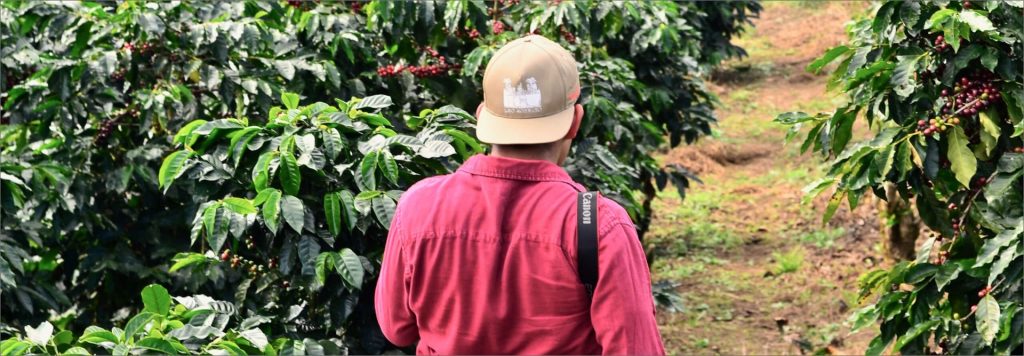According to the Brazilian Coffee Industry Association (ABIC), the consumption of specialty coffees grows between 15% and 20% per year, six times more than the consumption of traditional coffees. One of the reasons for this growth is the number of products available on the market, which makes consumers increasingly demanding.
Brazil is the world largest producer and exporter of coffee. It has a large territory, diverse terroirs and several climates that make the cultivation of different varietals easier. The most widespread type in the country is Arabica coffee and the main producing regions are located in the states of São Paulo, Minas Gerais, Bahia, Paraná and Espírito Santo.
The most common varietals of Arabica coffee in Brazil are Bourbon, Catuaí, Acaiá and Mundo Novo, the latter being the most popular. Among them these types varietals, there are sub-varieties, such as Yellow and Red Bourbon, Yellow and Red Catuaí, different types of Mundo Novo, and others.
It is worth mentioning that Catuaí is a product 100% Brazilian product and can be found on any coffee region due to its good response in different terroir and climate.
The Icatu is a hybrid of diverse varietals widely found in Brazil. The Red Icatu, came from a mix of Robusta, Mundo Novo and Bourbon. The Yellow Icatu is the hybrid between Mundo Novo and Yellow Bourbon. Furthermore, it is also possible to find Early Icatu, which has yellow fruits due to its early maturation and it is more sensitive to drought.
The varietals that show better adaptation to the soil and climate in Minas Gerais are: Catiguá, which stands out when it comes to beverage quality; Caturra, selected in Serra do Caparaó; Topázio, a hybrid of Mundo Novo and Yellow Catuaí, and which results in quality and high productive plantations; and Paraíso, a type that is fairly tolerant to rust.
Another varietal initially developed for Minas Gerais soil that has been spreaded throughout fields in Brazil is the Arara coffee, a type of coffee that draws attention due to the quality of its beans. It is a productive coffee that is resistant to the main crop diseases, and it is named after its yellow fruits.



